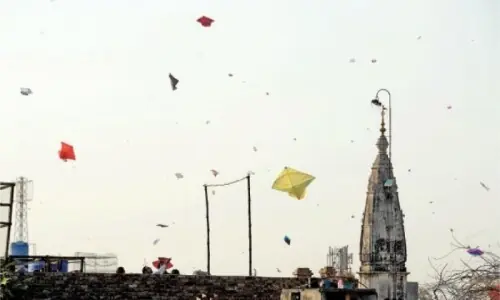ISLAMABAD: Army asked the United Nations Military Observers Group in India and Pakistan (UNMOGIP) on Friday to investigate latest ceasefire violations by India along the Line of Control (LoC) and Working Boundary (WB).
“Pakistan Army has registered Indian army’s ceasefire violations with UNMOGIP,” the Inter-Services Public Relations said in a statement.
Four civilians were killed by Indian firing on civilian population on the Pakistani side along the LoC and WB on Wednesday and Thursday. Five civilians were injured.
The army in its protest highlighted Indian military’s use of “heavy mortars and machine guns on civil population”.
“UNMOGIP was asked to use its good offices to investigate Indian ceasefire violations,” the ISPR said.
Pakistan has regularly been raising the ceasefire violations by India with UN military observers. Last year a group of observers were taken to villages along the WB to witness the damage caused by Indian shelling.
India, however, doesn’t accept the mandate of UNMOGIP. After signing the 1972 Simla agreement, it told the UN Secretary General that there was no further need of the military observers for monitoring the ceasefire. India argues that both countries have under Simla accord agreed to resolve all disputes, including Kashmir, bilaterally. Last year it evicted UNMOGIP from its offices in Delhi.
Since India does not recognise UNMOGIP, the observers’ role is currently limited to reporting the incidents to the UN’s Department of Peacekeeping Operations.
In a letter to Secretary General Ban Ki-moon last year on ceasefire violations Pakistan’s Adviser on Foreign Affairs and National Security Sartaj Aziz had asked for strengthening the role of observers.
UNMOGIP has been in Kashmir since January 1949 to supervise the ceasefire between India and Pakistan, under Security Council resolutions 39 and 47.
Published in Dawn, July 18th, 2015
On a mobile phone? Get the Dawn Mobile App: Apple Store | Google Play


































